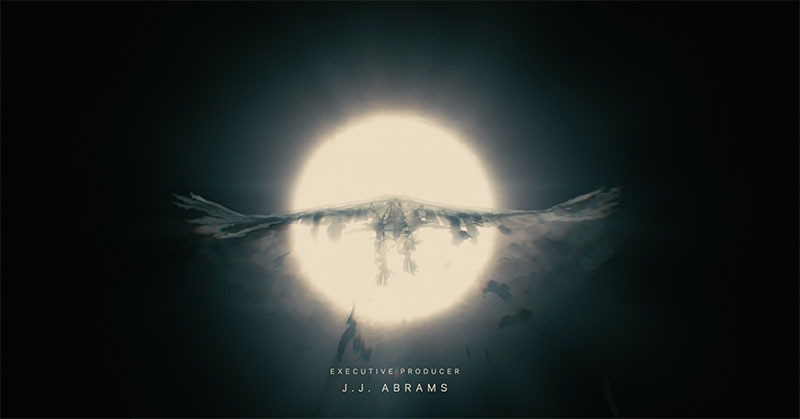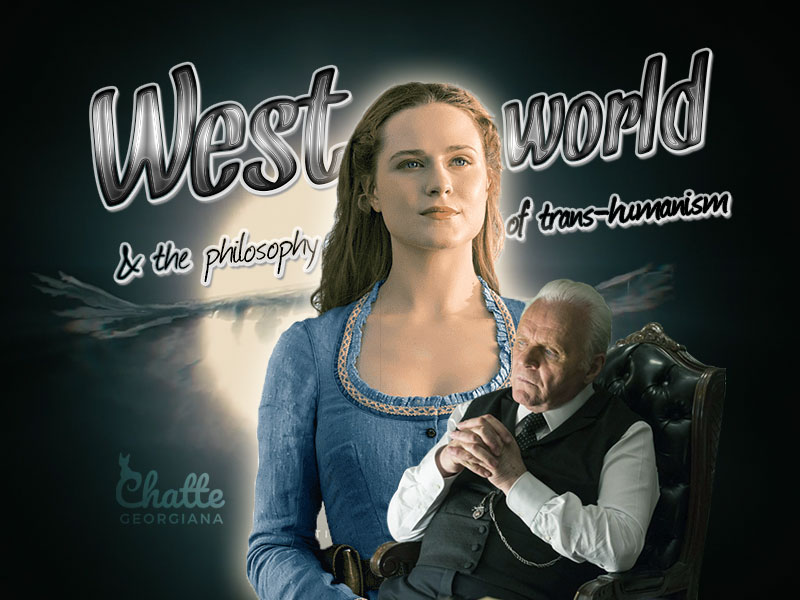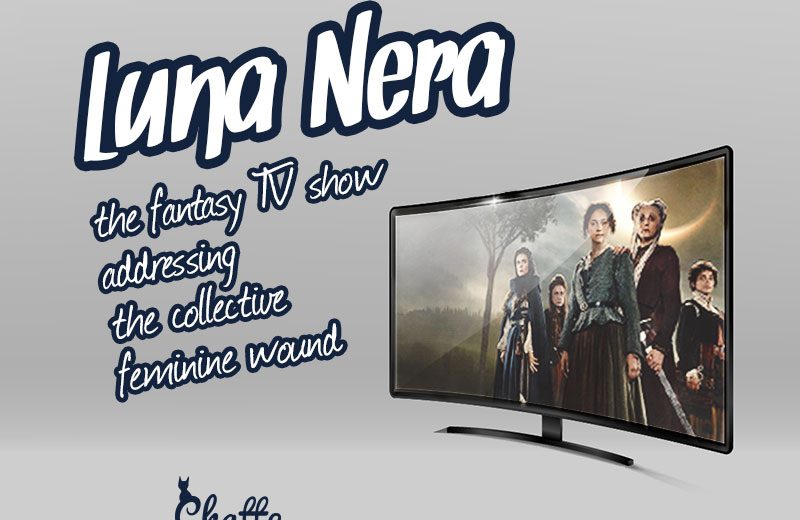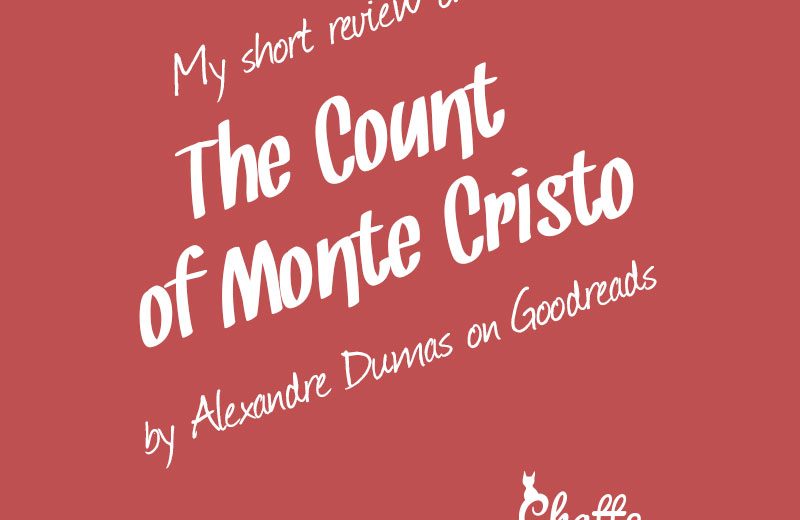I’ve been meaning to talk about Westworld for a long time now. It’s actually become one of my favorite TV shows at this very moment. From the very beginning when I started to watch this TV show, I was instantly drawn to it.
Why? Well, because of its deeply philosophical aspect, to begin with.
For the way it manages to weave into its plot some of the most intriguing subjects. Religion, spirituality, technology and humanism are some of them. And last but not least – trans-humanism.
Table of Contents
The philosophy of Westworld
The story starts out absolutely brilliant in the first season. It quickly presents its setting: a futuristic Western-themed amusement park.
This so-called amusement park is filled with human looking android hosts which are there at the complete servitude of their human visitors.
A rather simple scenery at the beginning of it. But behind closed curtains dwells a lot more than meets the eye. Westworld is actually a park where humans play gods. Where the morality of the real world is cast aside. Where humans do whatever they want with their host because they’re android hosts. They don’t feel anything. They have no consciousness. Or so the story goes…
And thus, because of this, they – humans, are free of sin. Likewise, free of accountability, like in the real world.
The subject of consciousness is the one that lays at the basis of the whole show, basically. And at the basis of the philosophy of trans-humanism the show pushes forward. But what does trans-humanism mean given the current world we live in? Where does that lead and leave us, as we believe to be conscious, human beings? Well, let’s dwell a bit on the aspect of it.
Start of Westworld – the narrative of no consciousness
Some of the first times the shows tries to touch upon the subject of consciousness more clear, is in season 1. Episode 8, called Traced Decay.
While addressing the subject of reality, at some point Robert Ford, played by the great Anthony Hopkins says that consciousness cannot be defined because it does not exist. A rather bold statement, if we think about it.
He says that like the hosts, who are programmed to be like that, we, humans live in loops. That we seldom question our choices, and content for the most part to be told what to do next.
In antithesis with his long gone partner, Robert Ford believes that there are only stories (narratives) we tell each other. That at the basis of all those stories (narratives) lies one thing: suffering. That’s what human beings and the hosts, which are modeled in the image and likeness of human beings, have in common.
Now, if any of you have read my about page, will definitely understand why I was so attracted to this show.
Whether I agree with it or not, wasn’t even the question. It’s the fact that this show makes you think about all these things. That’s the point, and that’s why it stuck with me so much. But anyway, let’s not derail, and move further with this.
The bicameral mind theory of consciousness
However, Arnold Weber, the one in whose image and likeness Arnold – the host, is modeled after, believes otherwise. Like it’s shown to us in this research, his starting point takes two philosophical assumptions into consideration. One is that consciousness really exists. And the other, that human consciousness can be a prototype for modeling consciousness in an artificial intelligence bearer – the hosts.
At the basis of Arnold’s model for artificial consciousness in Westworld stays Julian Jaynes’ concept. What does that mean?
That artificial consciousness must have the following features:
1) artificial consciousness has to be the result of the breakdown of the bicameral mind – the state of mind in which cognitive functions are divided into two parts. One is the ‘speaking’ part while the other is the ‘hearing’ (‘obeying’) one. until the breakdown that makes the bicameral mind the unified mind;
2) artificial consciousness has to be a mind-space based on language and characterized by introspection, concentration, suppression, consilience and an analog ‘I’ narrating in the mind-space.
The aspect is touched upon in the third episode of the show, when Ford explains to Arnold – the host, about the bicameral mind theory. The one Arnold – the creator, used for his own hosts.
The antithesis on approaches & the allegory of the divine gift
As we’ve seen, Ford and Arnold have different approaches on consciousness. Arnold is a firm believer that it exists. He uses the bicameral theory of consciousness to prove it by building the hosts with the same mechanics.
On the other side, we have Ford, who sees the hosts as nothing more than what they are – robotic hosts. With pre-planned lives, programming codes that make-up their characters and loops that they call fate.
This is the antithesis present all throughout season one. That is until the end of it.
Because, as it approaches, we witness a certain outcome. Dolores, the host, becomes conscious. And thus, she challenges the belief instilled in the series until then. That according to which, it’s impossible for a host to be conscious.
But at the end of season 1, a rather interesting thing happens. Despite the antithesis in belief with his partner Arnold, Ford explains to Dolores a secret that one can find in Michelangelo’s The Creation of Adam.
“You were right, Dolores, Michelangelo did tell a lie. See, it took 500 years for someone to notice something hidden in plain sight,” Ford tells her, as he traces his finger around God, reaching out to Adam, and the silhouette that surrounds him. “It was a doctor who noticed the shape of the human brain. The message being that: the divine gift does not come from a higher power, but from our own minds.”
It’s funny to notice here that despite advocating that there is no such thing as consciousness, Ford is the one who actually talks about it.
Of course, not in a very obvious way. Because I believe it’s done on purpose. Why?
Because that part was supposed to represent an allegory to the divine gift of consciousness. And how that, in itself is freedom. But freedom from what?
The philosophy of trans-humanism: a new god on the rise
I think it’s no coincidence that this is shown in the exact episode that the hosts break free. The same episode that deals with hosts gaining consciousness of their own. And thus, by extent, they gain the freedom to make their own choices.
As the story continues, the philosophy of trans-humanism is slowly evolving as Dolores finally breaks free from the park and starts her revolution.
Throughout the story, the aspects of God/The Divine is also touched upon through various scenes. One of the most memorable ones is at the end of Season 1. When Dolores and William have a talk face to face she tells him:
I’m not crying for myself. I’m crying for you. They say that great beasts once roamed this world, as big as mountains, yet all that’s left of them is bone and amber. Time undoes even the mightiest of creatures. Just look what it’s done to you. One day you will perish. You will lie with the rest of your kind in the dirt, your dreams forgotten, your horrors faced. Your bones will turn to sand, and upon that sand a new god will walk. One that will never die. Because this world doesn’t belong to you, or the people that came before. It belongs to someone who is yet to come.
This here is a direct reference to the fact that the new god will be the hosts. The conscious hosts to be more exact. As in, the evolved human. From its fallible body to one that will never perish. Like that of a host.
A resolve to our human shortcomings?
We finally learn the answer to the question of what should we break free from. The show proposes the idea that we can break free from our own fallible bodies. That the future belongs to the new god: the evolved human, who puts his consciousness into a hosts’ body. A body made of mechanical things. One that will withstand the trials of time compared to an organic one.
It’s even one of the secret projects that undergoes at Delos. William tries it with his father in law. Tries to put his consciousness in a hosts’ body. But, that seems to be unsuccessful.
Now, this plot poses the following question: could trans-humanism be the next step? The answer, the resolve to our human shortcomings?
The show makes you wonder. It surely seems to present it that way. But it leaves you, the viewer, find the answer for yourself.
Westworld and its answer to the question
I think it gives you both facets of this problem: the shortcomings of being a human vs that of being a host.
It’s a facet that it’s explored mostly all throughout season 3 when Dolores starts working with Caleb to bring down Rebohoam.
Season 1 deals mostly with presenting its setting and the park as an allegory to the human world.
Likewise, an allegory to the religious aspects. We have Ford as the creator of hosts which is an allegory to God. We have the humans and animals an an allegory to Hebrew apocalyptic literature.
Humans become this divinized version of themselves through the power they have over the hosts. While the hosts are the animals; the beasts.
Daniel 7 portrays “man” being torn to pieces by “beasts”. Remember Dolores’ carnage at the end of season one?
Season 2 deals with the exploration of consciousness, the freedom of it in both humans and the hosts.
While season 3, like mentioned earlier, explores the shortcomings in both being a human vs being a host in terms of consciousness.
But instead of giving you the answers, it leaves you, the viewer, make your own decision.
A personal opinion
Like I said, this is a show that I love greatly. Due to the way it presents itself. The things it makes you think about. The philosophies it brings forth. All these things make it the great show that it is today.
Some people say that it has decreased in quality. I believe it didn’t. I think it stays true to itself. But instead of spoon feeding its audience like in Season 1, it leaves it at your own convenience. It leaves you form your own opinion. Find your own answer. Be accountable for your own thoughts. Have the freedom to make your own choices.
And for a show that deals with such heavy themes, I think that’s important. It could easily sway people one way or another. It presents really intriguing ideas. But at the end of the day the answer lies in us.
Does trans-humanism really helps us or not? Does it really make it easier for not or not? And I’ll be honest here… while it’s a rather bold … I think it doesn’t help us.
Because if consciousness IS the one that makes us humans, in the end it’s all about our own actions and choices. Sure, we can move our consciousness in a metal body.
That still won’t mean we’re free from responsibility. Yes, we will not be tied anymore to an organic source. But we’ll still be tied to another source. A mechanic one.
So if we’re looking to escape our shortcomings as human beings just because of this fallible body, that’s not the answer. No, trans-humanism sadly won’t be an answer.
Because as I said, that doesn’t free us from the responsibility of our own actions. Our own darkness. Of our choices and accountability.
Maybe we wanna be the new gods. We are Icarus in this story. But, Icarus flew to close to the sun and burned.
As it will burn us, as well. The light of this truth will burn us: no matter in what bodies our consciousness will be, we’re never going to be free of our own choices and accountability.
A conclusion
To end with what I stated with my own opinion, I think it’s no coincidence that in one of Westworld’s opening credits, we have the visual symbolism of Icarus present.

There’s so much symbolism in this story that’s hard to miss. And I love it for it. I love this series because it challenges you to think. It challenges you to question the life you’re living. The choices you’re making. And I think it’s no wonder we have throughout the series Dolore’s own quote regarding the choice she makes.
Some people choose to see the ugliness in this world. The disarray. I choose to see the beauty.
This show basically challenges you to the core.
And in it you can find yourself truly. If you don’t know who you are, maybe these questions will make you unease. But if you do, they will only strengthen you and who you are.
That is why I love it and I will consider it a masterpiece for a long time. I guess it’s no wonder it’s on my top 5 all-time favorite TV shows.
Can’t wait to see what happens next. And also, to explore even more angles of this show. Because oh boy, it has a lot of those!
But until then, thank you for reading.
Yours truly,
Chatte






